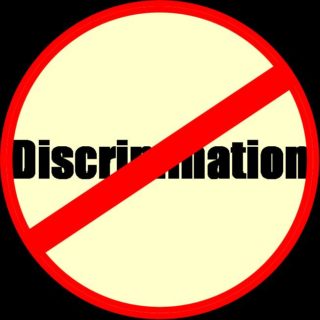
In White v. Square, Inc. S249248 (August 12, 2019), the California Supreme Court held that an online business violated the Unruh Act by discriminating based upon occupation (or other protected categories of people) and the discriminated person has standing to sue even if the person did not enter into a contract for the services because he/she was in an excluded category.
A bankruptcy lawyer sued Square, the payment processor run by the Twitter CEO, challenging the app’s terms of use—despite never signing up. The California Supreme Court ruled the TOS violated the State Unruh Civil Rights Act by discriminating against him due to his occupation as a bankruptcy lawyer. This ruling may have far ranging implications to many other businesses that limit who can or cannot enter into an agreement to use their services. White v. Square 100% reversed the Surrey v. TrueBeginnings, LLC (2008) 168 Cal.App.4th 414 about an online matchmaking service.
For whatever reason, Square’s Prohibited Goods and Services policies include bankruptcy attorneys or collection agencies and many other types of occupations, services and “prohibited” items. In California where Square is headquartered, the Unruh Civil Rights Act provides broad protections against discrimination including based on a person’s occupation. The issue before the California Supreme Court was does a person need to have entered into an agreement with Square by agreeing to the terms of service in order to have experienced said discrimination barring his “full and equal access” to the service. The Court said it was not necessary to have entered into an agreement then to be discriminated against because the bankruptcy lawyer was excluded from entering into the agreement by Square’s exclusion of his occupation per its terms of use.
“In general, a person suffers discrimination under the Act when the person presents himself or herself to a business with an intent to use its services but encounters an exclusionary policy or practice that prevents him or her from using those services,” The court’s unanimous opinion held: “We conclude that this rule applies to online businesses and that visiting a website with intent to use its services is, for purposes of standing, equivalent to presenting oneself for services at a brick-and-mortar store.”
This ruling may stir up a hornet’s nest of litigation. For example, Square also prohibits sale of occult materials, adult entertainment oriented products or services and escort services. PayPal bars the sale of “sexually oriented digital goods”; both forbid drug paraphernalia sales. Every bank refuses to process credit cards for marijuana dispensaries or persons engaged in sex work. If the occupation is legal, e.g. a state licensed cannabis dispensary or legal brothel in Nevada, that seems to be a form of occupation based discrimination.
Persons with physical handicaps also may have a cause of action as they are effectively excluded from using the services on the website. Blind community members who rely on screen-reader software cannot avail themselves of websites, apps, self-service kiosks” that are not compatible with software as well as persons with dexterity issues who may be timed out of ‘CAPTCHA’ challenge response tests.
Another issue to be decided is if no agreement is needed to be discriminated against, is the person discriminated against required under the terms of service of the web site to arbitrate binding upon the discriminated person? I don’t think so because there is no agreement! It’s good to be a lawyer 😊
The prohibition against bankruptcy lawyers was still on the Square list of prohibited business activities as of August 14, 2019.
https://squareup.com/help/us/en/article/5089-prohibited-goods-and-services-with-square-point-of-sale

